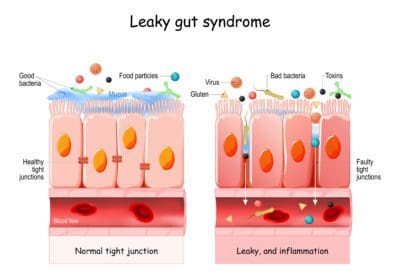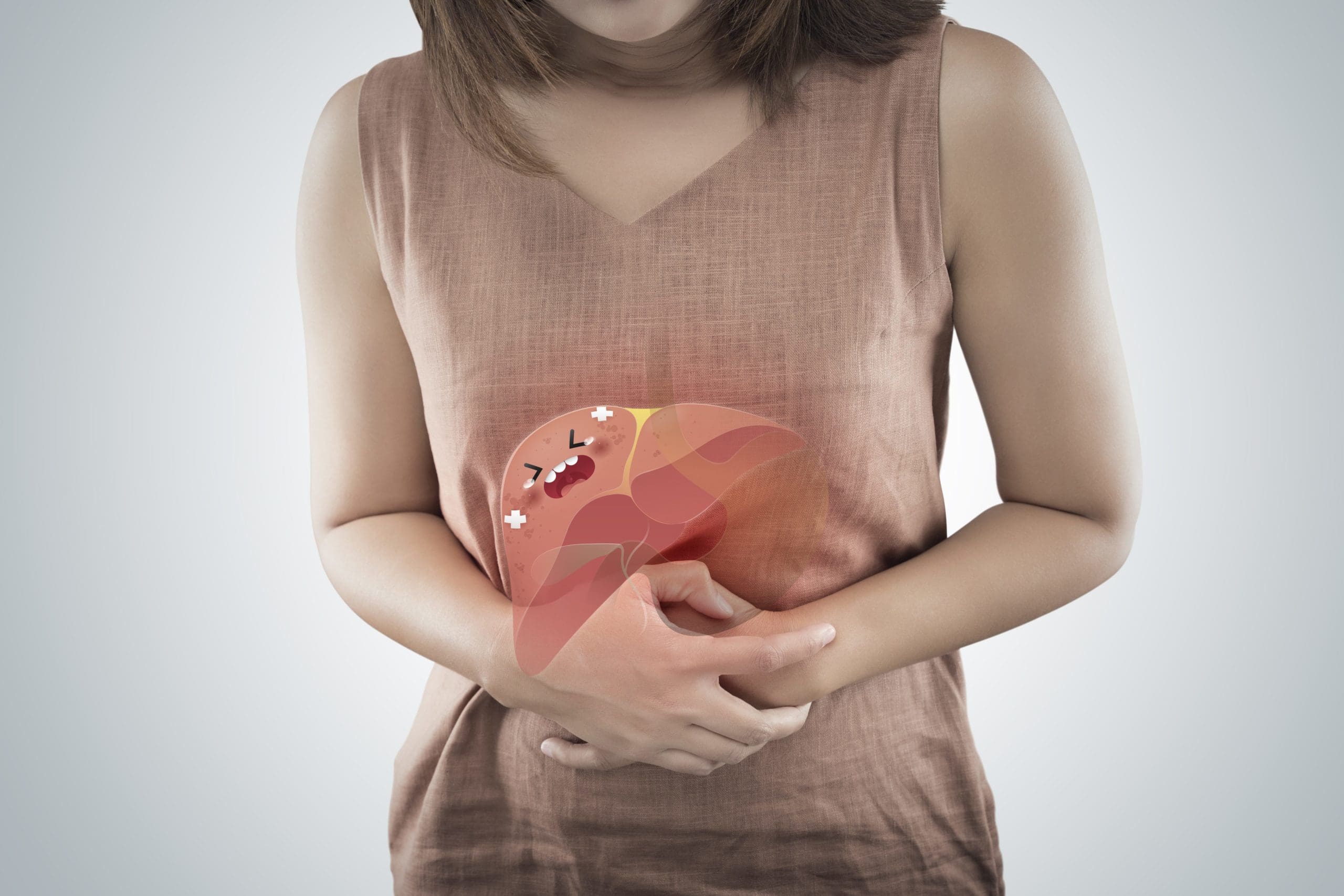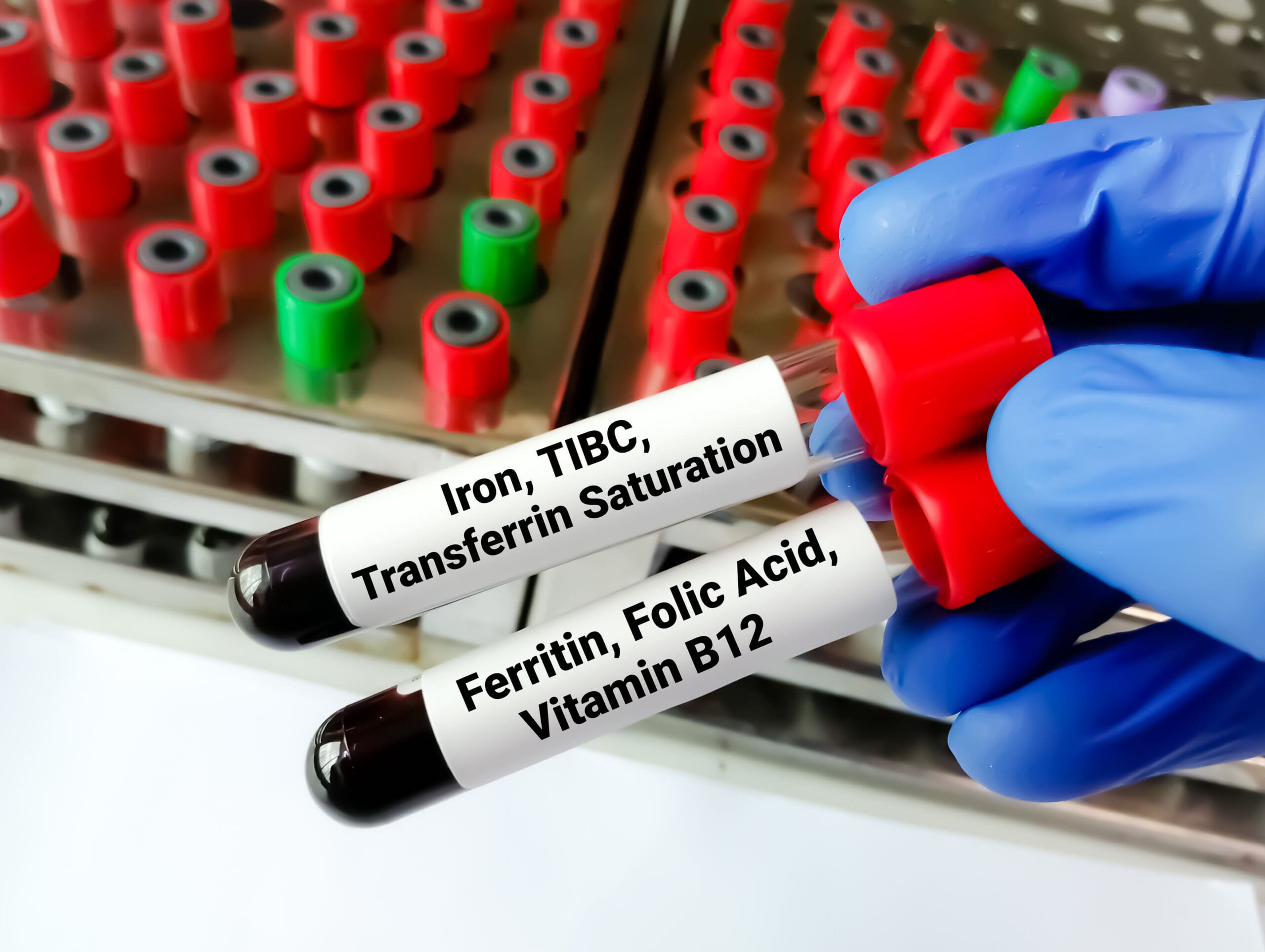Fatty liver may be caused by your gut
By naturopath Margaret Jasinska
When a person is diagnosed with a fatty liver, it is important to figure out what caused it. A healthy liver is supposed to be almost entirely free of fat. If you’ve ever eaten lamb or beef liver, you would have noticed. If excess fat is present inside the liver, it is because the liver cells have been injured in some way. The culprit is often an intestinal problem. Blood from the intestines flows directly to the liver. An overgrowth of the wrong bugs, or an inflamed gut lining can cause large numbers of microbes and metabolic waste products to travel to the liver, injuring it and causing fat accumulation.
Research published in the journal Hepatology found that patients with an advanced form of fatty liver are more likely to have increased intestinal permeability and bacterial overgrowth in their small intestine. The severity of these intestinal conditions correlates with the severity of fatty liver.
Non-alcoholic fatty liver disease (NAFLD) affects approximately one in three people in western nations. It occurs when excessive fat accumulates within the liver, and can lead to inflammation, scarring and even eventual cirrhosis of the liver. We see cirrhosis of the liver in quite a few patients who don’t drink any alcohol at all.
The most common causes of fatty liver:
- Being overweight
- High carbohydrate diet (sugar, breakfast cereals and foods made of flour)
- Diabetes and insulin resistance
- High alcohol intake
- Side effect of some medication
- Autoimmune liver disease
- Digestive conditions such as coeliac disease, irritable bowel syndrome and inflammatory bowel disease
In the early stages of fatty liver, excess fat accumulation is the only change that occurs. However, if left to progress, the liver may develop a type of hepatitis, which causes inflammation inside the liver. This inflammation greatly increases the risk of permanent liver damage. Research has shown that people with leaky gut syndrome and high levels of harmful bacteria in their small intestine are far more prone to developing a dangerous form of fatty liver disease. Leaky gut syndrome occurs when the mucous lining of the intestines becomes irritated and inflamed, making it more porous than it should be. This allows undigested food molecules, bacteria (and their toxins), fungi and other toxins to gain entry into your bloodstream. All blood from the intestines travels to the liver first. If the bowel is toxic, this means a great deal of toxic waste is delivered to the liver each day. The toxins secreted by gram-negative bacteria in the small intestine (called lipopolysaccharides) cause most harm to the liver. These toxins stimulate immune cells within the liver, which causes wear and tear, inflammation and tissue damage in the liver.


The most common symptoms of leaky gut
- Having an autoimmune disease
- Food allergies
- Eczema
- Indigestion, heartburn or reflux
- Diarrhoea
- Flatulence or burping
- Fibromyalgia
- Brain fog
- Joint pain
There are other contributing factors to those conditions, but leaky gut is almost always a factor. If you can relate to the symptoms above, please take extra care of your liver.
There is a great deal of information about leaky gut and small intestinal bacterial overgrowth in the book Healing Autoimmune Disease: A plan to help your immune system and reduce inflammation. BactoClear capsules contain berberine and the essential oils of clove, oregano and thyme. They help to relieve bloating and indigestion. Livatone Plus capsules contain herbs traditionally used in European herbal medicine to enhance healthy liver function.
Reference:









Leave A Comment